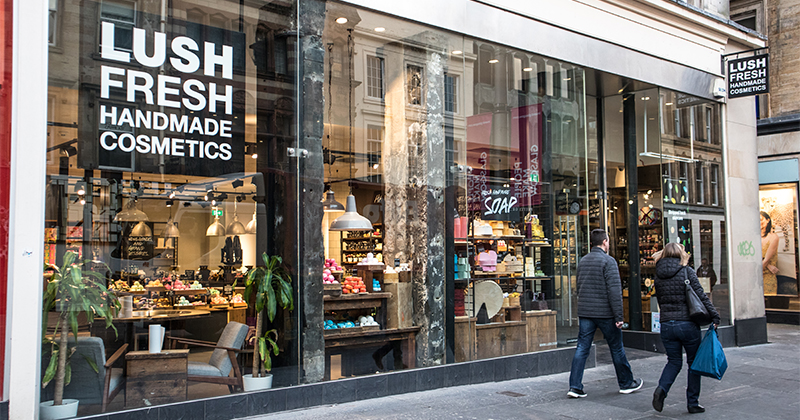
Love letters to lawmakers
Apparently there are more than 175,000 lawyers in the UK. That’s a big number. In fact, it’s about one in every 200 working adults. It says something about the importance and complexity of legislation in our modern world. Those who propose, write and vote through the laws on which this complex web depends must take care not to trip up.
This is especially the case when it comes to criminal laws. When planning new legislation, MPs must ensure their good intent is matched with careful application. A mistake might prevent justice being done, either outlawing the defensible or wrongly defending the guilty. It is a tragedy when the law enables injustice where it had not existed before.
Yet some are inclined to campaign for laws which at first glance appear well-intentioned, but which in reality cause much more harm than good. That is exactly the case with proposals for a ‘conversion therapy’ ban in the UK.
Look for example at how, last month, woke high street cosmetics brand Lush decided to use Valentine’s Day displays to encourage its largely young shoppers to back a conversion therapy ban.
Those shopping at Lush were able to scan a QR code with their phone, which allowed them to put their details on a ‘Valentine's card’ for their MP, urging them to support a ban.
You can probably guess how popular this sort of communication will have been with time-pressed politicians. Automated messages from retailers are unlikely to be a priority.
But the plan did go down rather well in some quarters. The Liverpool Echo – known for supporting LGBT activist issues – wrote that “scanning QR codes in Liverpool Lush's shop windows can help save people from abuse”.
It is a shocking insight into the methods used by some would-be lawmakers. Campaigners are telling young people that they can end vile abuse at the mere click of a button.
But Lush and those promoting this campaign fail to explain that abuse is already outlawed. The horrendous practices that harmed LGBT people in the past have thankfully long ended. So teenagers pressing a few buttons on their phone isn’t going to prevent even a hint of actual abuse. There appears to be wilful ignorance and substantial misrepresentation of the facts involved.
Metro newspaper, writing on Lush’s efforts, said: “People who have been subjected to conversion therapy have also reported being electrocuted.”
You could forgive a reader of Metro for thinking electrocutions are taking place legally in the UK today, but its journalists must surely know better. Yes, there are some who report being involved in electro-shock experiments, but it was half a century ago. There is no evidence whatsoever of it continuing to take place in the UK. It is now thankfully illegal, and there is no connection between these horrendous practices and the sort of law Lush's customers are being asked to support.
The campaign for a ban is led by controversial groups like Stonewall and Mermaids, seeking to promote their own ideology. Galop, which is also gaining funding from Lush’s Valentine's campaign, says conversion therapy includes “being prayed over”. That is not on display in Lush – would all its shoppers feel the same if they knew this was a religiously-motivated campaign?
Lush’s well-meaning young fans were being manipulated into calling for a new law which represses ordinary Christians, as well as anyone else who disputes the excesses of LGBT thinking. It is just one more example of underhand tactics being used to affect UK law.
The love letters to MPs might make little immediate difference. Indeed they might just show up how vacuous the campaign is. But inculcating a new cohort in this ill-judged policy pushing is not a positive step. It is training a young generation not to engage in critical thinking and to base their political inclination on fashionable branding rather than thoughtful engagement.
Irish Government says conversion therapy law is “deliverable”
2025-06-27 10:48:58Conversion therapy Bill: Presbyterian Church in Ireland expresses “grave concern”
2025-06-13 15:48:29Will the Scot Govt legislate on conversion therapy ahead of the election?
2025-05-23 16:00:18
